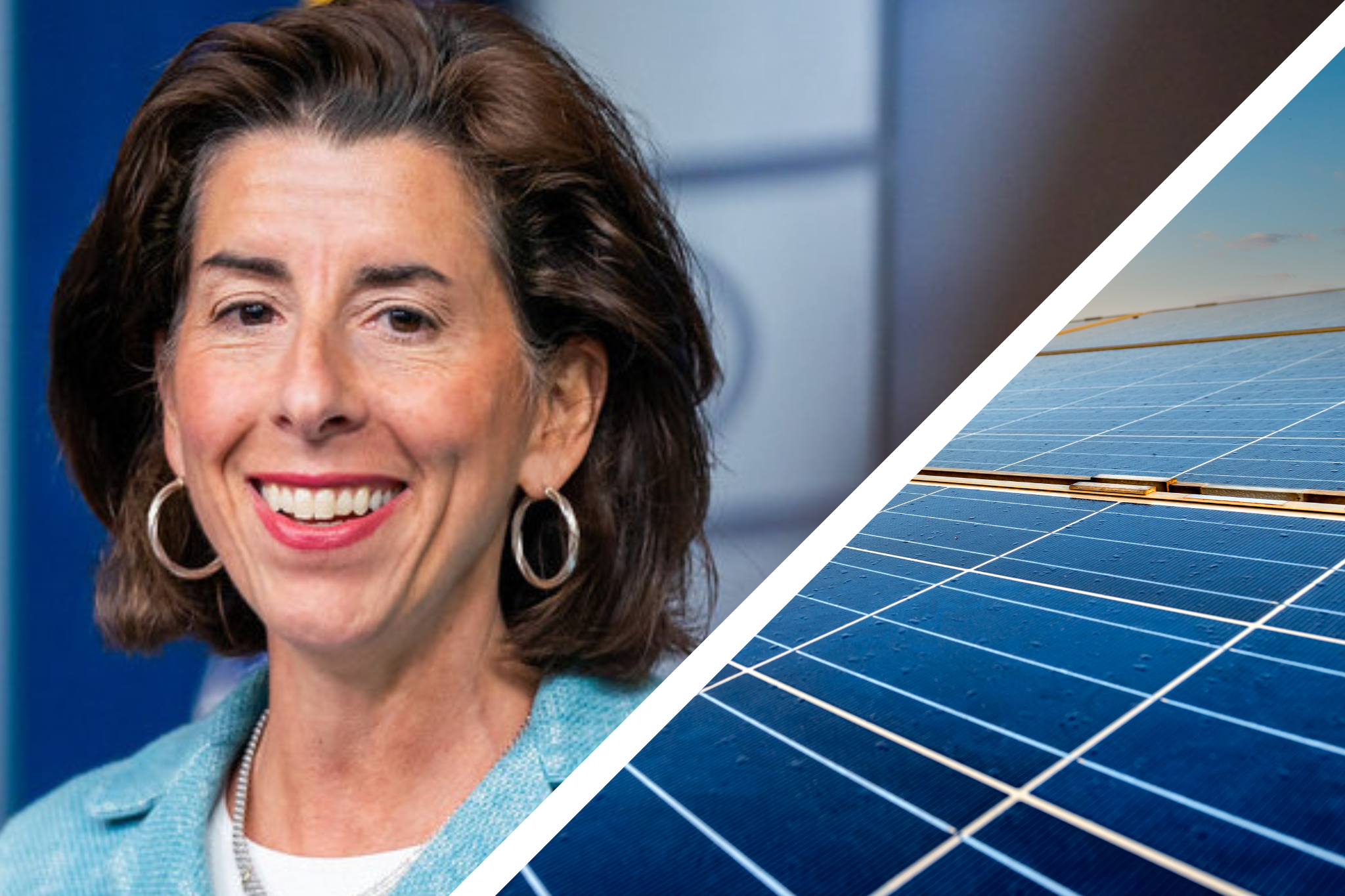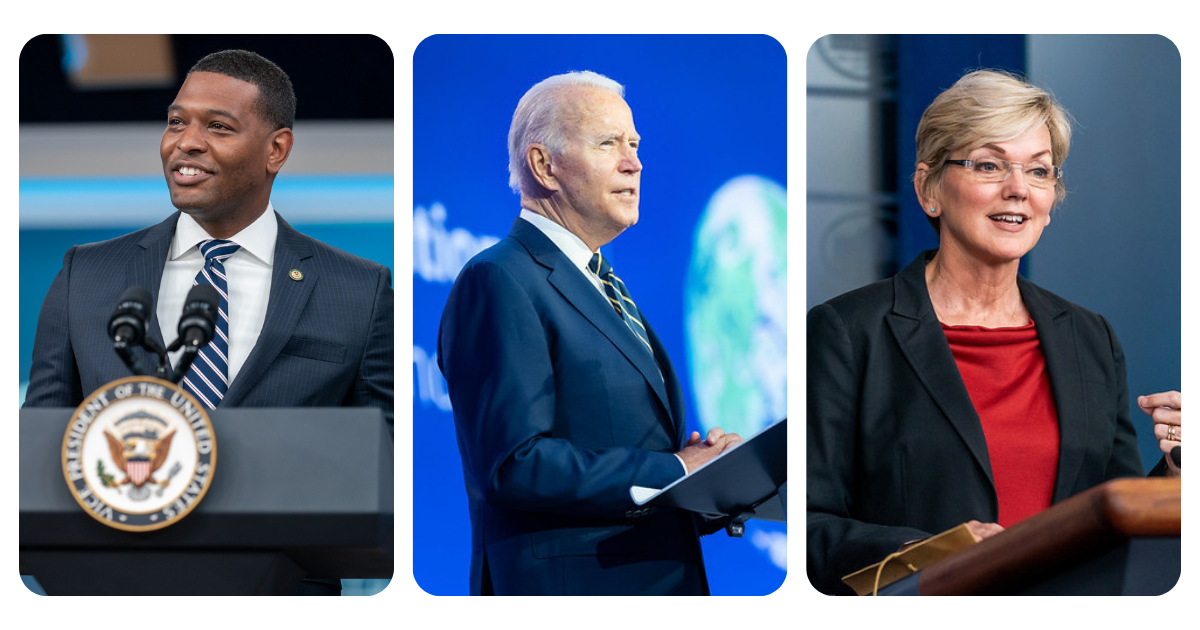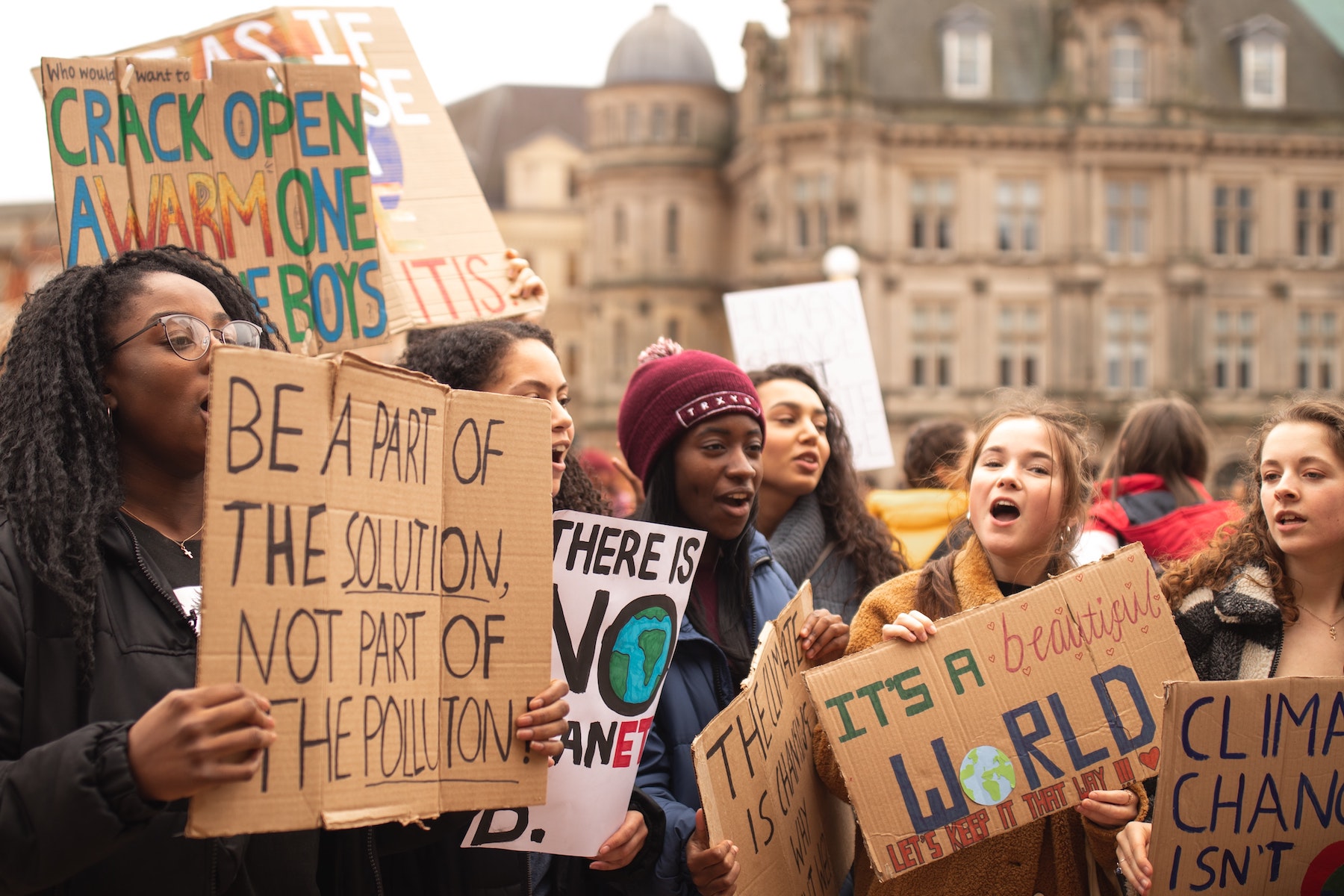Commerce Can and Must Act Now
Secretary Raimondo has the authority to issue a preliminary determination in the investigation this month, in May 2022.
Auxin Solar is hoping for an affirmative determination that would impose steep tariffs on solar panels from these 4 nations. This would mean Commerce requiring importers to pay antidumping and countervailing duties on the solar cells and modules entering the U.S., retroactively, after April 1, 2022, and moving forward. According to statute, Evergreen Action is joining SEIA, the International Union of Operating Engineers, American Council on Renewable Energy, and many domestic solar companies to call for Secretary Raimondo to swiftly issue an expedited preliminary determination. It is well within Commerce’s jurisdiction, capacity, and the merits of the case, for Commerce to meet this goal. Failure to do so will continue to inflict major harm to America’s economy and the Biden administration’s own clean energy agenda.
As set out in Section 781(b)(1) of the Tariff Act, the Commerce Department must investigate the following five issues during the administrative proceedings:
- “Whether the merchandise is of the same class or kind as merchandise subject to an Antidumping (AD) or countervailing duty (CVD) order,
- Whether the imported merchandise is subject to an AD or CVD order,
- Whether the merchandise only undergoes minor or insignificant processing in the third country
- Whether the value of the merchandise produced in the country subject to the AD or CVD order is a significant portion of the total value of the merchandise exported to the United States, and
- Whether Commerce determines that such an anti-circumvention inquiry would be appropriate to prevent evasion.”
American solar industry businesses argue that Auxin Solar’s case fails to meet two of the five mandatory elements, and therefore the circumvention ruling petition should be rejected. They contend that:
- Solar cell “processing” in a third country (i.e. production, assembly, and completion of crystalline silicon photovoltaic (CSPV) cells and module manufacturing in Cambodia, Malaysia, Thailand, and Vietnam) is not minor or insignificant. SEIA and other renewable energy organizations note that the Department of Commerce, the U.S. Customs and Border Protection, and the U.S. Trade Commission have established that the “development of the parts in question are essential to imported cells and modules.” Auxin itself has elsewhere testified that the process of cell-making is “capital intensive and technologically sophisticated”—a production stage that’s neither minor nor insignificant. For those reasons, SEIA argues, Auxin’s complaint fails on the merits.
- That the petition request is inappropriate because, among other reasons, it would be catastrophic for the U.S. solar industry, the hundreds of thousands of Americans it employs, and the administration’s efforts to fight the climate crisis. Crucially, the term “appropriate” is not qualified in the Tariff Act, giving the Commerce Department considerable discretion to determine if it is appropriate to take circumvention action.
The solar industry is already facing mass layoffs, and many companies may shut down altogether if the investigation drags on. Commerce has said that it intends to issue a preliminary determination by late August, and may issue a final determination as late as January of next year. But the department has the clear authority to issue a preliminary determination as soon as the anti-circumvention investigation begins. Commerce must heed the call of nearly two dozen Senators and expedite their decision, restoring stability for a vital industry and tens of thousands of workers across the country.
There’s No Time to Waste
Making good on the president’s climate pledges—and averting climate catastrophe—will require rapid deployment of clean energy nationwide. Commerce’s investigation is already slamming the brakes on hundreds of solar installations; an adverse finding would grind the industry to a halt. We are out of time to act on climate, and at a critical moment for clean energy in the U.S. Further delay would be catastrophic. Secretary Raimondo must intervene now.
Commerce has until August 2022 to make a preliminary determination. However, following the filing of the Auxin petition, a 30-day comment period that expired on May 2, 2022, and a two-week period for Auxin’s rebuttals to comments from interested parties, Commerce should have all of the information that it needs to deliver an expedited preliminary determination.



